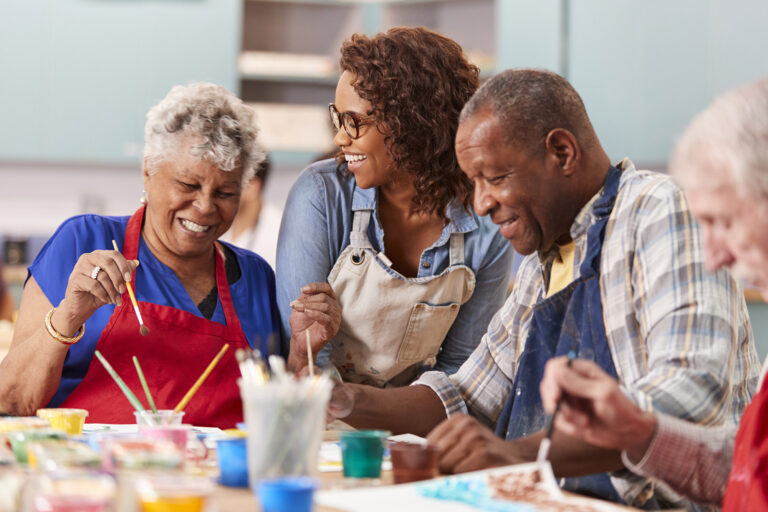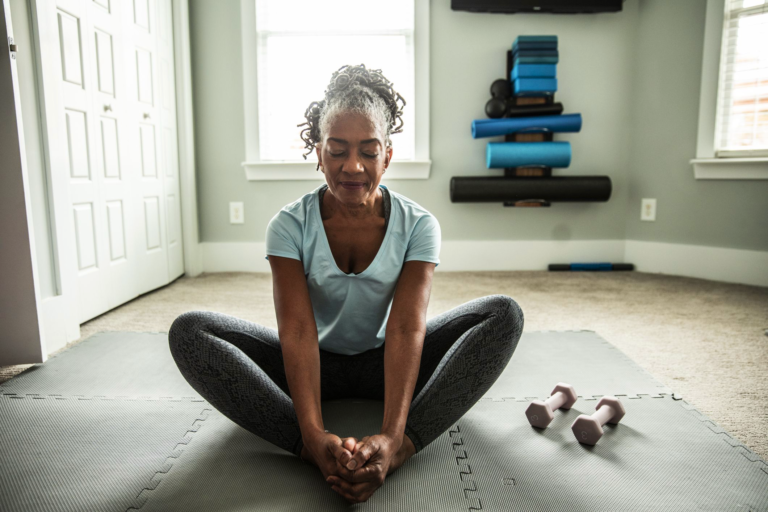The Healing Properties and Benefits of Crocheting
Let’s be real, arts and crafts are more than just a fun pastime. They are truly healing and restorative acts and in many cases, therapeutic. In fact, the health benefits from crocheting (and knitting) are numerous! These health benefits range from simply calming you down and easing your stress — to potentially relieving depression and reducing the risk of Alzheimer’s disease. Crocheting doesn’t just help you if you’re the one who’s sick. It helps those around you, your friends and family that help you, love you, and support you.
Helps With Insomnia
Believe it or not, crocheting helps with insomnia. By focusing on something that’s soothing, you can calm your mind and body enough to help you fall asleep. So the next time you’re tossing and turning in the middle of the night, don’t get frustrated, just pick up your sticks and get to work!
Stress Relief
It should come as no surprise that picking up your crochet hooks and some yarn are a step towards relaxation. By focusing on something other than our thoughts, the repetitive motions you make along with the individual stitches you create leaves you feeling stress free and fulfilled. Especially knowing that you’ve created something special for a family member, significant other, or friend.
Helping Ease Depression
According to this article by Healthline, it’s been scientifically proven that doing the things we enjoy releases dopamine, a chemical responsible for “feel good” or “happy” emotions. This in-turn functions much like an antidepressant. Crafts like crocheting can stimulate that dopamine release to allow us to feel happier and better about ourselves.
Taking Control of Your Life
Lastly, the act of crocheting helps you take control of your life. Whether you feel helpless as a caregiver watching someone struggle or you’re the one struggling with your own illness or problems. Crocheting is a way to put the control back into your own hands – literally. By choosing to craft, you are in full control of everything. From the type of project you’ll be making, the color and type of yarn, all the way down to the type of crochet hooks you work with. And that’s what makes the difference in feeling like you have a say again.












